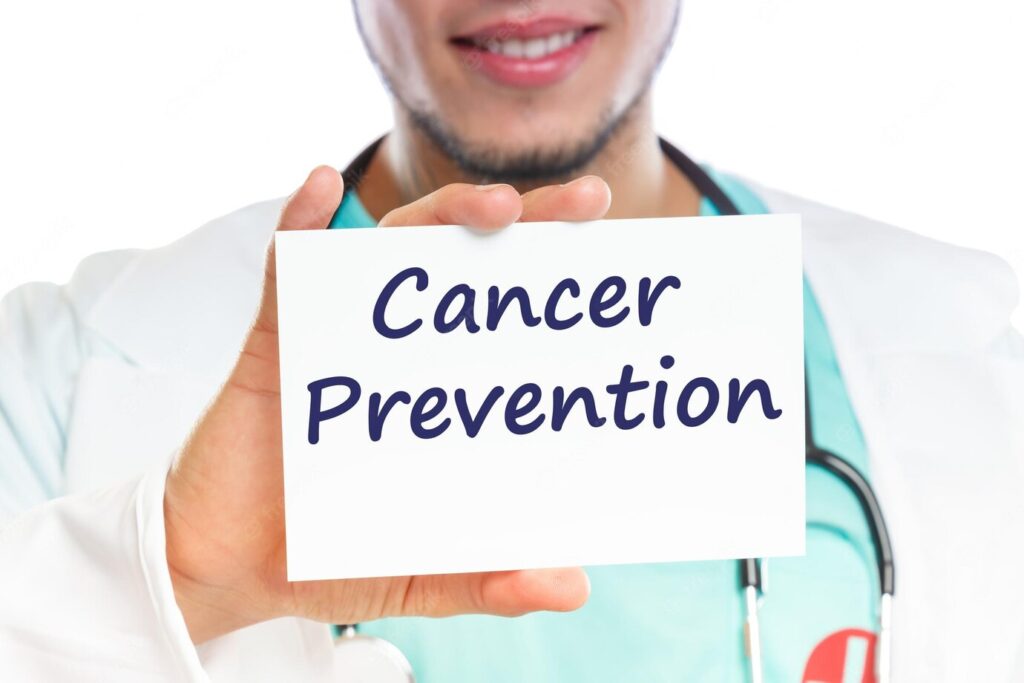How to Reduce Your Cancer Risk: The Big 12

There are many things you can do to help reduce your risk of developing cancer. Here are 12 strategies that can help:
- Quit smoking: Smoking is a major risk factor for several types of cancer, including lung, throat, and bladder cancer. Quitting smoking can significantly reduce your risk of developing these cancers.
- Maintain a healthy weight: Being overweight or obese can increase the risk of several types of cancer, including breast, colon, and kidney cancer. Maintaining a healthy weight through diet and exercise can help reduce your risk.
- Eat a healthy diet: Eating a diet rich in fruits, vegetables, whole grains, and lean protein can help reduce your risk of developing cancer. Avoid processed foods, red meat, and foods high in saturated fat and sugar.
- Limit alcohol consumption: Alcohol consumption has been linked to an increased risk of several types of cancer, including breast, liver, and colorectal cancer. Limiting alcohol consumption can help reduce your risk.
- Protect your skin from the sun: Exposure to the sun’s UV rays can increase the risk of skin cancer. Protect your skin by wearing protective clothing, using sunscreen, and avoiding sun exposure during peak hours.
- Get vaccinated: The HPV vaccine can help protect against several types of cancer, including cervical cancer. The hepatitis B vaccine can also help protect against liver cancer.
- Stay physically active: Regular physical activity can help reduce the risk of several types of cancer, including breast, colon, and lung cancer. Aim for at least 30 minutes of physical activity per day.
- Get screened: Regular cancer screenings can help detect cancer early, when it is most treatable. Talk to your healthcare provider about recommended cancer screenings based on your age and risk factors.
- Limit exposure to environmental toxins: Exposure to certain environmental toxins, such as air and water pollution, can increase the risk of cancer. Take steps to limit your exposure, such as using air filters and drinking clean, filtered water.
- Practice safe sex: Practicing safe sex can help reduce the risk of certain types of cancer, such as cervical cancer. Use condoms and get tested for sexually transmitted infections regularly.
- Manage stress: Chronic stress can weaken the immune system and increase the risk of cancer. Practice stress-reducing techniques such as yoga, meditation, or mindfulness.
- Know your family history: Some types of cancer can run in families. Talk to your healthcare provider about your family history of cancer and whether genetic counseling or testing is recommended.
By adopting these strategies, you can help reduce your risk of developing cancer and promote overall health and wellness.
